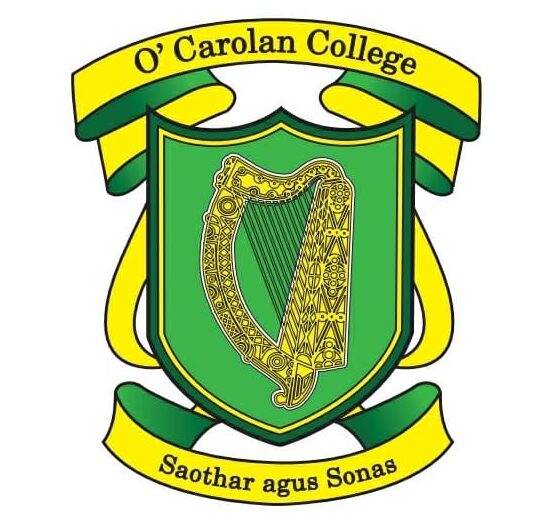Student Support
School counsellors, also known as guidance counsellors, were first primarily responsible for facilitating career development. Today, the role of the school counsellor is multifaceted and may vary greatly, depending on the requirements of both the state and each individual school.
The duties of school counsellors may include:
- Providing instruction on psychological and social issues
- Depending on the school structure, counsellors might teach sex education classes, provide information to students about bullying, or offer seminars on study skills
- Vocational guidance. Many school counsellors help students prepare for college or select careers
- Counselling. School counsellors often help students mediate conflicts with their peers, teachers, or parents. Many school counsellors also provide therapy and counselling services to students during school hours
- Early intervention. School counsellors receive training about psychological concerns that commonly manifest in children and adolescents.
- They may also provide referrals, recommendations, and education to parents about mental health concerns.
Further, counsellors often help students:
- Maintain academic standards and set goals for academic success.
- Develop skills to improve organization, study habits, and time management.
- Work through personal problems that may affect academics or relationships.
- Improve social skills.
- Cope with school or community-related violence, accidents, and trauma.
- Identify interests, strengths, and aptitudes through assessment.
School counselors offer individual counseling to help students resolve personal or interpersonal problems. They may also offer small group counseling to help students enhance listening and social skills, learn to empathize with others, and find social support through healthy peer relationships. For students who are otherwise unable to access mental health services, school counselors provide support at no cost. School counselors also provide support to school staff by assisting with classroom management techniques and the development of programs to improve mental health or school safety. When necessary, counselors may also intervene in a disrupted learning environment.
